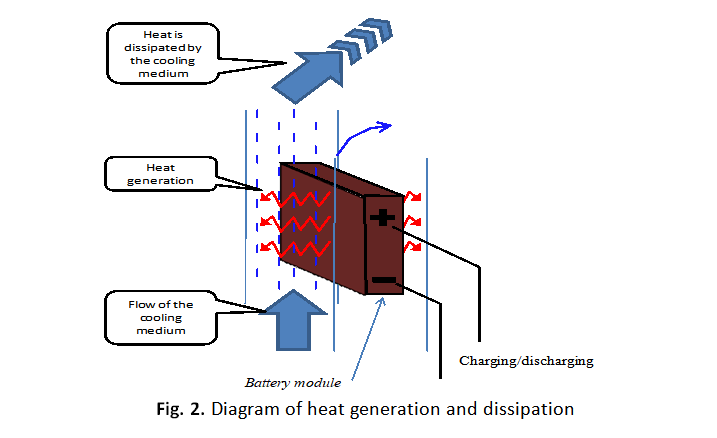Intelligent Refrigerant-Based Battery Thermal Management System for EV: A Brief Review
DOI:
https://doi.org/10.37934/jartim.4.1.1523Keywords:
Electric vehicle, cooling system, thermal management systemAbstract
Electric vehicles powered by renewable sources offer promising solutions to address greenhouse gas emissions and environmental pollution. In this context, lithium-ion batteries have emerged as the preferred energy source due to their impressive energy density and durability. However, it's important to note that battery performance is notably influenced by temperature. This is where battery thermal management systems (BTMS) step in. These systems play a crucial role in maintaining the optimal temperature range for battery packs, impacting both their performance and overall safety. The focus of this research is to overcome the limitations of the existing evaporative BTMS, particularly in the realm of electric vehicles. The study involves simulations exploring air cooling, liquid cooling, and phase change refrigerant-based cooling systems individually, all aimed at ensuring battery sustainability under various operational conditions while adhering to the recommended battery temperature of 40ºC or lower. Moreover, an experimental investigation into an evaporative BTMS demonstrates its potential to maintain the desired temperature. On the other hand, the battery management system BMS plays a pivotal role in identifying any defective cells within the battery. This monitoring is essential to detect any variations in cell voltage, temperature, and state of charge. The AI system easily identifies if there is any problem with the cells and warns the EV users about faulty cells. This paper presents an intelligent evaporative battery thermal management system for EVs. It may prolong the battery life, provide security and safety of the battery, and save energy, especially by decreasing the frequency of recharging the battery.















